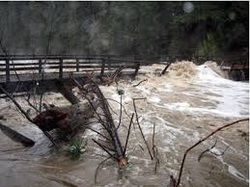 nationalsafety.wordpress.com
nationalsafety.wordpress.com In the US state of Colorado, the flood toll has risen to seven people. Further south, in Mexico, victims are alone. A Red Cross worker has said they can not be reached.
Yesterday, the tropical storm battering the south-west of Mexico was upgraded to a category one hurricane by US meteorologists. Hurricane Manuel in north-western Mexico threatens more destruction, the US National Hurricane Centre says. Tropical storms Manuel and Ingrid left at least 80 people dead earlier this week and 40,000 people are still stranded in the popular resort of Acapulco.
Now, Typhoon Usagi moves towards Philippines, Taiwan. It could become the most powerful typhoon of 2013. The tropical hurricane is expected to hit China over the weekend. Philippine officials have issued storm warnings for flash flooding, landslides and storm surges for several northern provinces.
Is the Earth fighting back? If so, what is the problem?
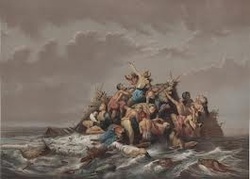 en.wikipedia.org
en.wikipedia.org Of course, I won't discount the healing power of crystals. Colorful stones of all different shapes and colors sit on our living room mantle-piece—just in case they should work their magic over our senses. A star moonstone even features in my novel Still Rock Water.
As to the problem the Earth might perceive: overcrowding by a species playing with nature the way they would a toy. Never caring if they smash and destroy, they look up to Mother, waiting for her to fix it.
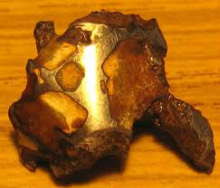

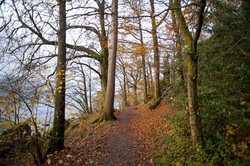
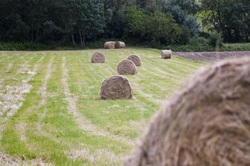


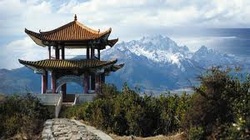
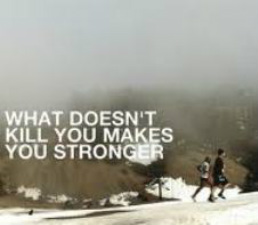
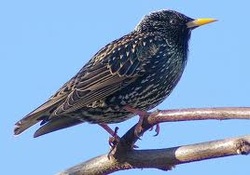
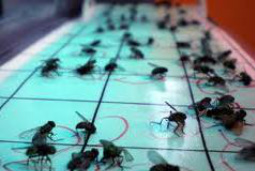
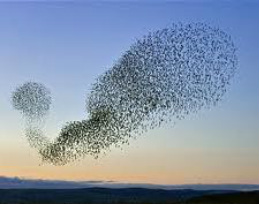
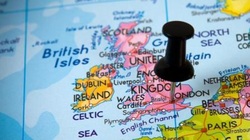

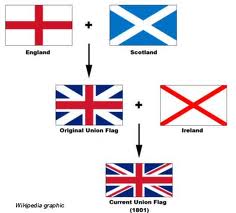
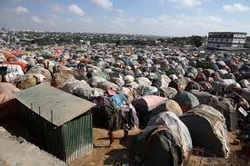

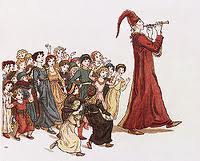


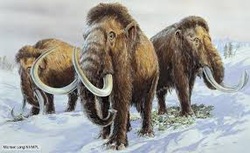
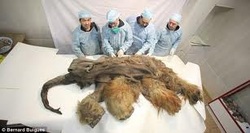

 RSS Feed
RSS Feed






